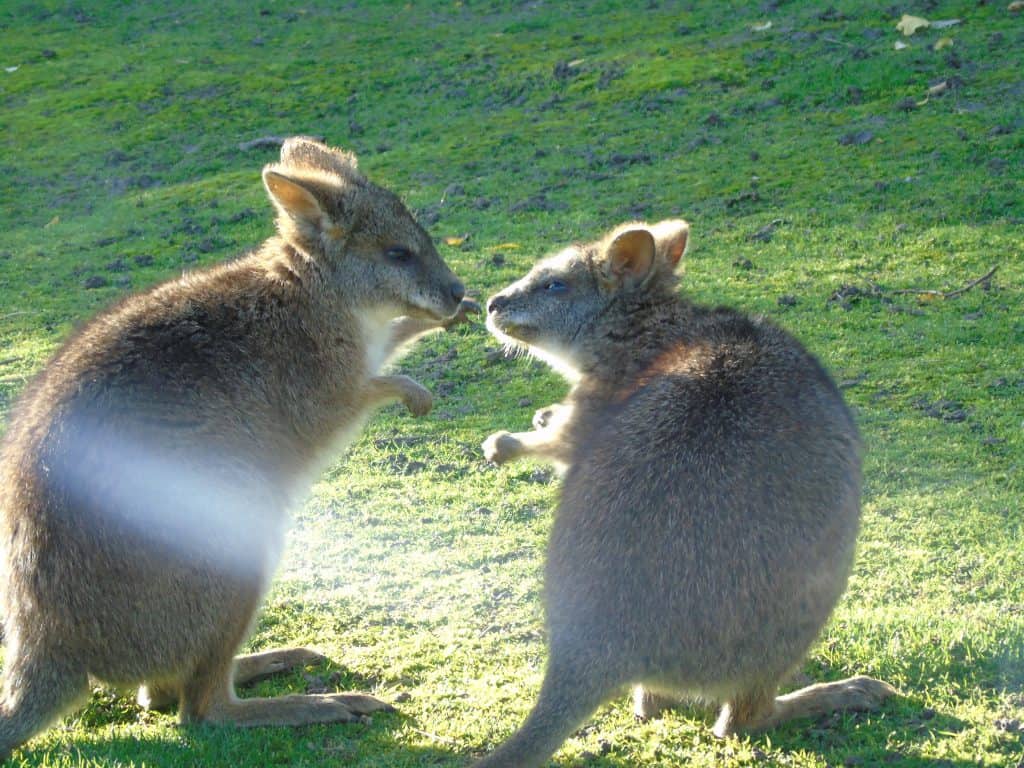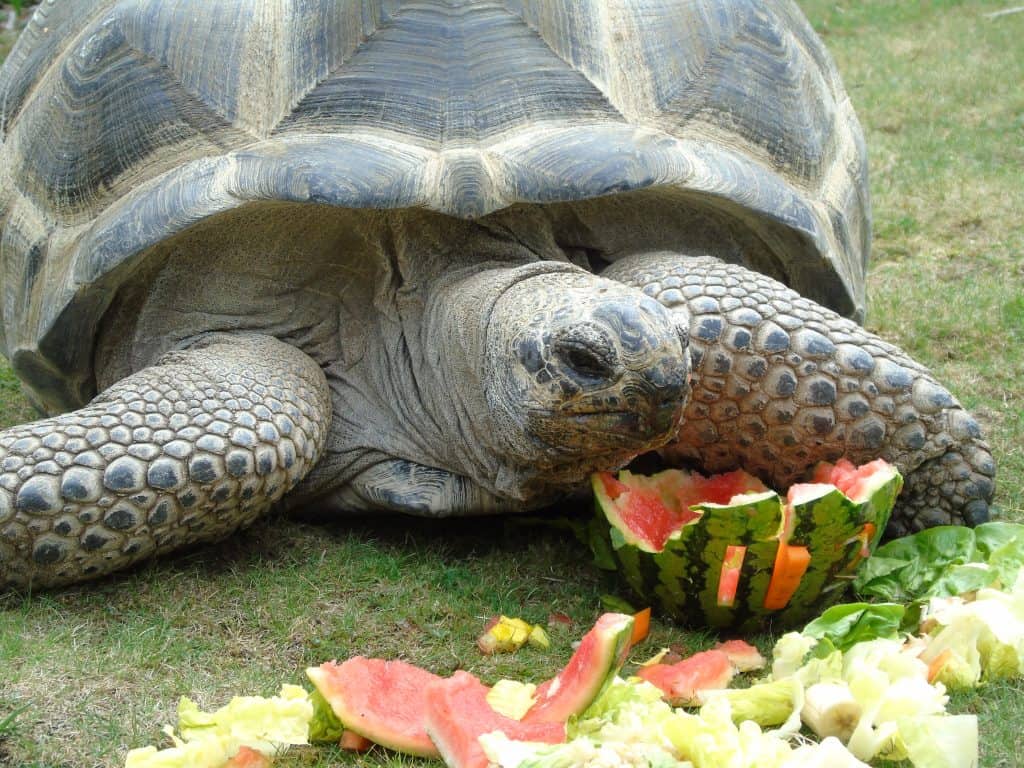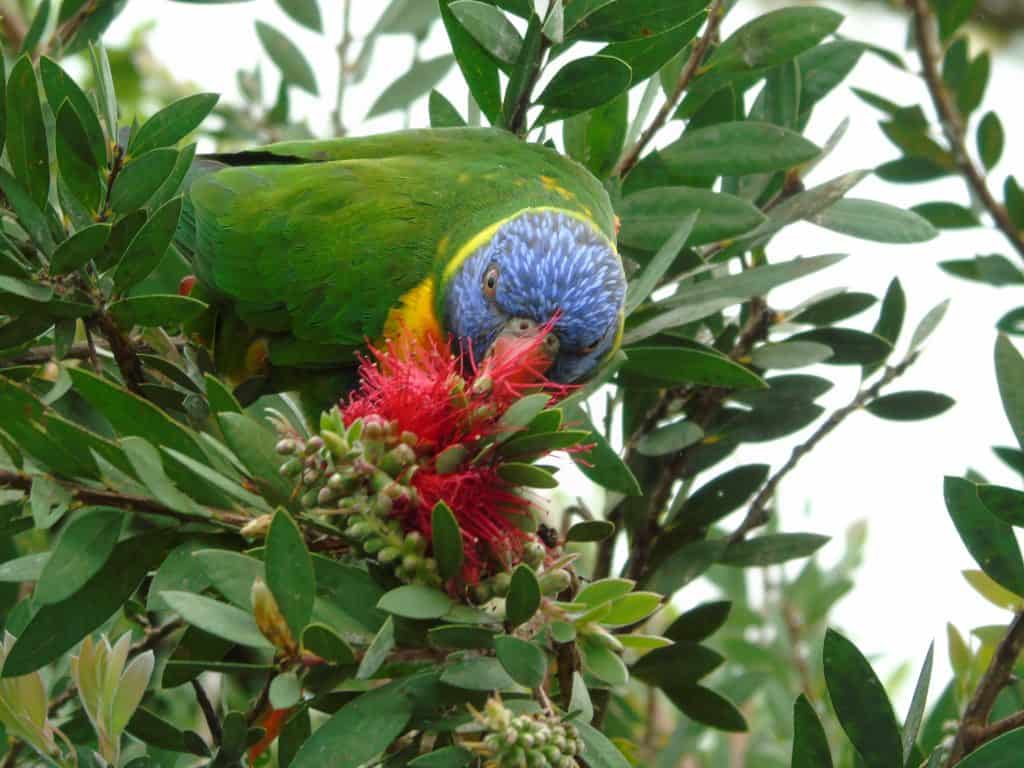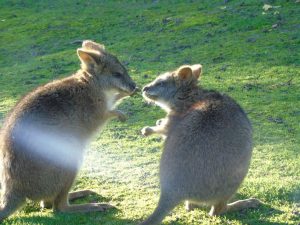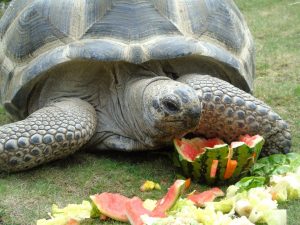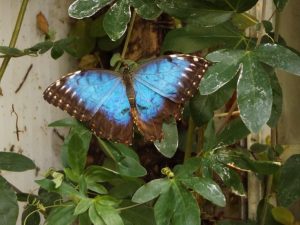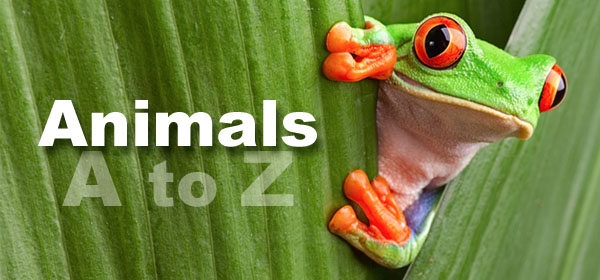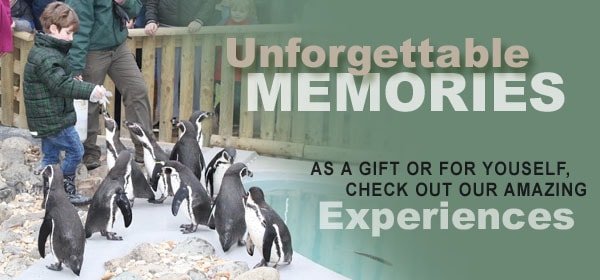Herbivores
Learn about herbivores at this top Kent education provider
Discover a wide variety of herbivores from around the world at our park. Our collection includes herbivore species belonging to bird, mammal, reptile and invertebrate classifications.
History & Geography
Herbivores Worldwide
- Use maps available on many of the enclosures to explore where our herbivores exist in the world and learn about their different habitats.
- Identify countries, continents and oceans to gain knowledge about different habitats and use this to understand how animals adapt to their surroundings.
- Visit herbivores native to Africa, Europe, South America, North America, Australia and Asia.
Pre-historic herbivores
- Gain a better understanding of the size prehistoric herbivores grew to by looking at life-sized animatronic dinosaurs such as diplodocus in our Dinosaur Zoo.
- Children can witness herbivorous dinosaurs being preyed upon to aid their understanding of the food chain system and recognise that some animals provide food for other animals.
Ecosystems
- During the summer students can visit our Butterfly House to witness these pollinators in action. This is a great example of how plants have adapted to utilise herbivores for their mutual benefit.
- Visit large herbivores such as our tapirs who, eat a lot of fruit in the wild and therefore disperse large quantities of seeds, helping to structure the habitats in which they live.
- Birds are also crucial for seed dispersal, distributing them considerable distances as they fly. Our Tropical House is home to a wide range of free flying birds, not to mention our communal long flight enclosure and the variety of wild birds which inhabit our park.
- Explore the effect humans can have on the ecosystems in our Rainforest S.O.S exhibits. Children can learn about deforestation and consider the impact on food webs when food sources and habitats become unavailable.
- There is also information available about forests which have come back from the brink to show that humans can also have a positive impact on the natural world.
Science
Physiology
- Students can identify the differences between a carnivores physiology and a herbivores, by comparing various animals at our park for themselves.
- Compare their own teeth to the teeth of horses, crocodiles and lions by looking at the real skulls of these animals in our ethnography and natural history museum. This will help students to gain knowledge about the functions that different teeth have and identify herbivores, carnivores and omnivores by using teeth as evidence.
The food chain
- Students can construct their own food chains using the variety of animals at our park to help them understand the terms ‘herbivore’, ‘omnivore’, ‘carnivore’ ‘predator’ and ‘prey’.
- Children can witness and discuss the different foods our animals eat to help them understand that animals get their nutrition from their food and that different animals require different amounts and types of nutrition.
- All of our enclosures have signs which include information about the animals habitat, diet, threats etc to help children gain knowledge about the varying diets of each of our herbivores and the threats they face from both natural predators and humans.
PD (H&SC)
Human responsibility
- Develop an understanding that humans have a responsibility to care about our impact on food chains and habitats.
Teaching outcomes lead to being able to…
- understand the meaning of the term herbivore.
- identify different herbivore species and distinguish them from carnivores.
- understand key vocabulary in relation to food chains.
- identify that animals need the right types of nutrition which they get from what they eat.
- gain knowledge of a herbivores position on the food chain and in the circle of life.
How to best use our zoo and other exhibits during a school visit:
This self-guided tour is one of a series of itineraries we have prepared for schools. The Herbivores adaptation highlights the following exhibits and species,
- Ethnography and Natural History Museum
- Tropical House
- Wallaby
- Goat and deer
- Mara
- Tapir
- Rainforest S.O.S
- Dinosaur Zoo
- Tortoises
Our Ethnography and Natural History Museum is the best place to start this tour- not only is it easily accessed from the entrance but also provides a foundation for your day. Comparing the skulls of different animals in our museum will help students to identify the herbivores from the carnivores as they walk around our park.
From here a visit to our Tropical house will allow children to watch the movements of our birds and see their diet for themselves. This provides a good opportunity to discuss seed dispersal and highlight how habitats can be shaped by herbivores.
After this take the walkway past the wallabies, goats and deer. The goats and deer in particular can often be observed grazing and if your class has been learning about Australian mammals they may like to identify the characteristics and features of our Parma and Bennett’s wallabies. We are lucky that our Parma wallabies often reproduce so your students may even be fortunate enough to see a joey peeping out of it’s mothers pouch for themselves.
Then head around our lake to see a number of species including our Mara. This live directly opposite our big cats so it’s a great opportunity to compare the adaptations of herbivores and carnivores.
Next you may wish to head towards our tapir exhibit to discuss larger herbivores and their roles in the ecosystem after which, Rainforest S.O.S is only a short distance. Here students can learn about the effects and methods of deforestation and about species which have already become extinct.
Finally, our African spur thighed tortoises offer an opportunity for students to see herbivorous reptiles and consider herbivores belonging to all animal classifications.
Some interesting facts and learning points:
- Herbivores which mostly (or completely) have a diet of fruit are called frugivores.
- Butterflies have taste receptors in their feet to help them locate food.
- Tapirs are known as an umbrella species which means that by protecting their habitat, we can protect the habitat of many other species.
- Fallow deer like Reggie live in Britain but they aren’t native here. They were first brought to the UK during the Roman occupation.
- Some animals, including squirrels and birds, store food for a later period. Sometimes they forget where they’ve cached their nuts and seeds which allows trees to grow in new locations.
- Herbivores heavily influence ecosystems and play a vital role in aiding the regeneration of plants and shaping their habitats.
What schools think of an educational day out in Kent with Wingham Wildlife Park
After every school visit we ask a teacher from the group to fill in a short email form about their day with us. We are always looking to improve the experience for the kids as well as the teachers and helpers, so please do take the time to fill one of these in if you decide to join us for a day with your class. Here is what some of our past teachers have said about a school visit to Wingham Wildlife Park!
Find out more & book
To find out more about booking one of our educational visits please check out our website, give us a call or simply fill in the form below:
